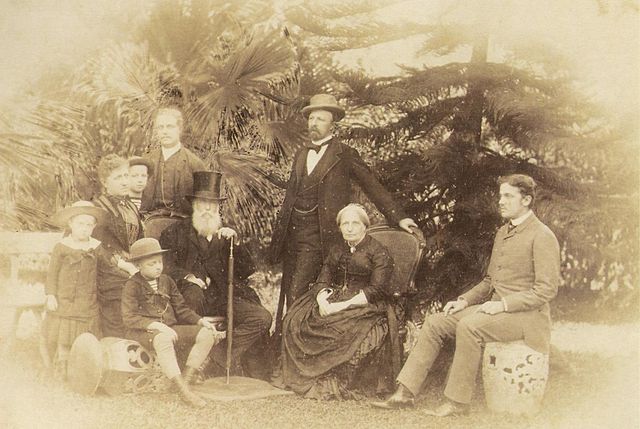The German nobility and royalty were status groups of the medieval society in Central Europe, which enjoyed certain privileges relative to other people under the laws and customs in the German-speaking area, until the beginning of the 20th century.
Historically, German entities that recognized or conferred nobility included the Holy Roman Empire (962–1806), the German Confederation (1814–1866) and the German Empire (1871–1918). Chancellor Otto von Bismarck in the German Empire had a policy of expanding his political base by ennobling nouveau riche industrialists and businessmen who had no noble ancestors. The nobility flourished during the dramatic industrialization and urbanization of Germany after 1850. Landowners modernized their estates, and oriented their business to an international market. Many younger sons were positioned in the rapidly growing national and regional civil service bureaucracies, as well as in the officer corps of the military. They acquired not only the technical skills but the necessary education in high prestige German universities that facilitated their success. Many became political leaders of new reform organizations such as agrarian leagues, and pressure groups. The Roman Catholic nobility played a major role in forming the new Centre Party in resistance to Bismarck's anti-Catholic Kulturkampf, while Protestant nobles were similarly active in the Conservative Party.

Heraldic arms of the Holy Roman Empire, Siebmachers Wappenbuch
A royal family is the immediate family of kings/queens, emirs/emiras, sultans/sultanas, or raja/rani and sometimes their extended family.
The Royal Family of France in classical costume during the reign of Louis XIV.
Emperor Pedro II of Brazil and other members of the Brazilian imperial family in Rio de Janeiro, 1887



